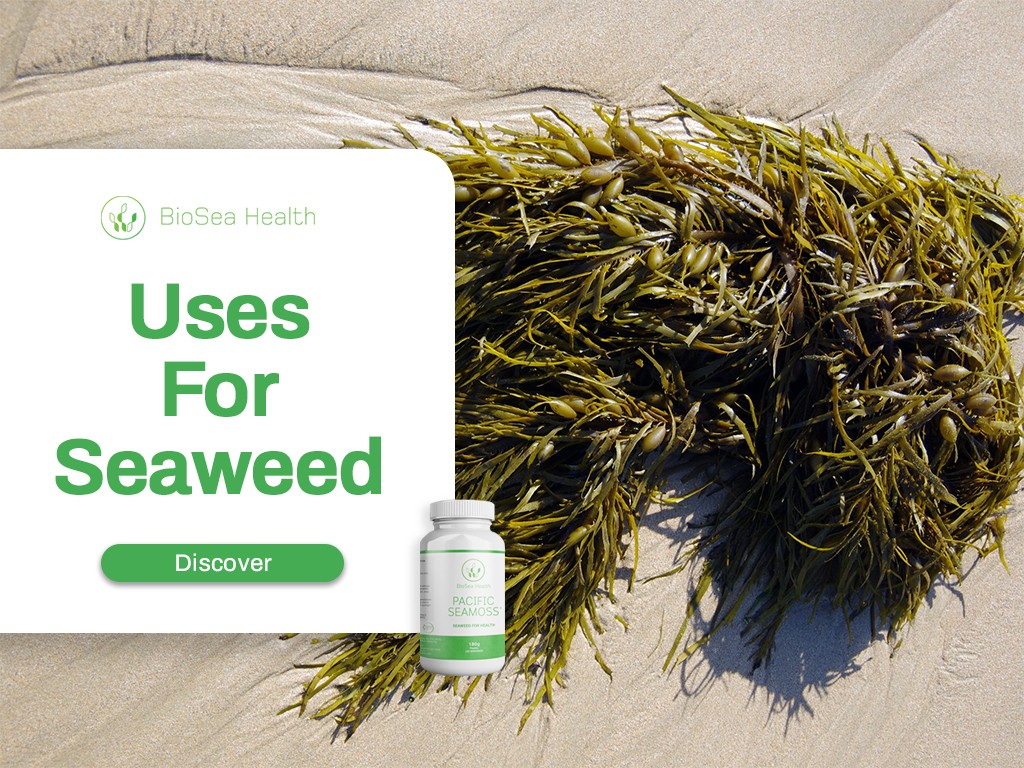The Amazon rainforest is vanishing faster than ever due to wildfires and needless destruction
Climate help may come from An Unexpected Place: Underwater.
Wildfires causing deforestation
Global warming impacts all life on Earth, gradually heating the planet and threatening the delicate balance. Rainforests and other carbon sinks scrub the air removing carbon dioxide from the atmosphere and providing oxygen. Unfortunately, deforestation is taking a heavy toll on the world’s largest forest. The Amazon rainforest is vanishing faster than ever and, with the recent fires, attention has once again focused on building carbon emissions.
Seaweed has photosynthesis
Seaweed, a form of algae, grows in both fresh and salt waters all over the world [1]. In the same way that trees clean the air through photosynthesis, seaweed “forests” support marine life by filtering carbon dioxide from the water and producing oxygen. A new look into this unlikely environmental hero shows that there is potential for sea vegetables to offset terrestrial carbon emissions [1].
Seaweed as effective as Amazon Rainforest as a carbon sink
Marine scientist Halley Froelhich, of the University of California, is the lead author of a new study. According to the recently published paper, industrial-sized farms would grow and harvest seaweeds which would then be sunk, along with the captured C02, into the deep ocean. There, the carbon dioxide would be trapped for hundreds, even thousands, of years [1].
Seaweed and aquaculture
According to Froelhich’s study, 18.5 million square miles of ocean suitable for seaweed cultivation [1]. (This number does not include freshwater varieties of macroalgae.) The scientists behind the study propose that farming 0.001 percent of the world’s seaweed-growing waters could offset the entire carbon emissions of the rapidly growing global aquaculture industry. For a scaled example, farming seaweed in 3.8 percent of federally controlled waters off the coast of California could offset the carbon emissions of the state’s multi-billion-dollar (terrestrial) agriculture industry [1].
With half the world’s seafood being supplied through aquaculture, countering the industry’s carbon emissions could prove a huge relief both environmentally and economically. Seaweed farms may prove a viable business model for socio-economically troubled coastal communities [2]. Many societies that traditionally rely on fishing face the real possibility of depleting local marine life. Lessening dependence on fishing would in turn decrease concerns of overfishing [3] and may have the added benefit of attracting marine life [2]. Researchers have found that, in California alone, kelp forests are home to over 800 species of marine life [2].
A profitable commercial crop, seaweed is widely used in beauty products, medicines, and food for humans, livestock and fish [1]. Currently, China is the industry leader in kelp farming, having produced more than seven million metric tons in 2015 [2]. Kelp, a variety of macroalgae found in cold coastal waters, grows quickly and prolifically in its natural environment. These underwater forests require no fertilization as they pull carbon dioxide from the water, as well as excess nitrogen and phosphorus [2].
Other uses for seaweed
The harvested materials could be converted into livestock feed, which research has shown can reduce methane emissions from grazing cattle by up to 70 percent. Seaweed can also be converted into biofuel or used as a natural fertilizer, replacing petroleum-based products [1]. All that is needed now, Duarte states, is to find a way for seaweed production to meet the demand.
References
[1] https://www.nationalgeographic.com/environment/2019/08/forests-of-seaweed-can-help-climate-change-without-fire/
[2] https://www.nationalgeographic.com/magazine/2017/11/explore-sustainability-kelp-farming-seaweed/
[3] https://www.ecomagazine.com/news/regulation/overfishing-is-a-huge-problem-here-s-what-you-need-to-know
You might also like these articles:


